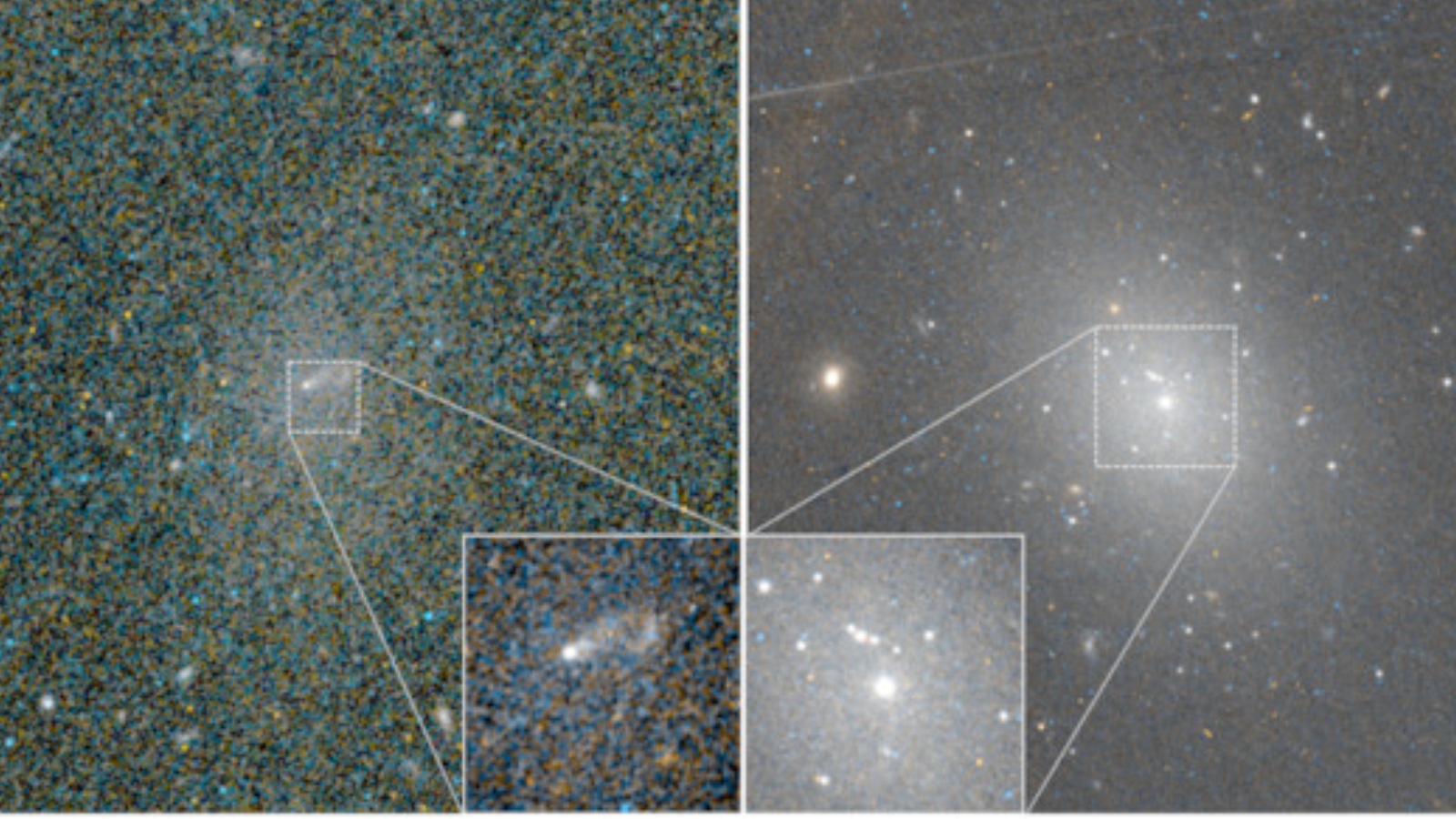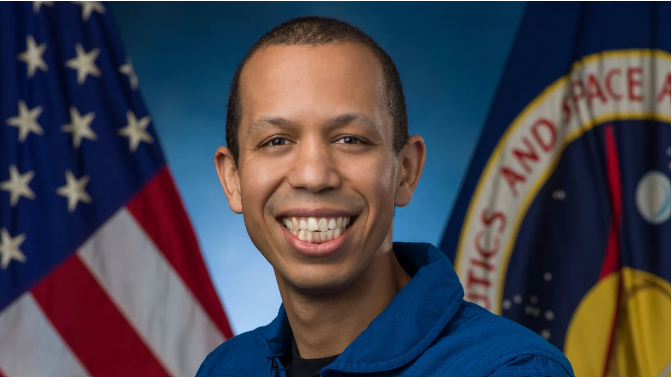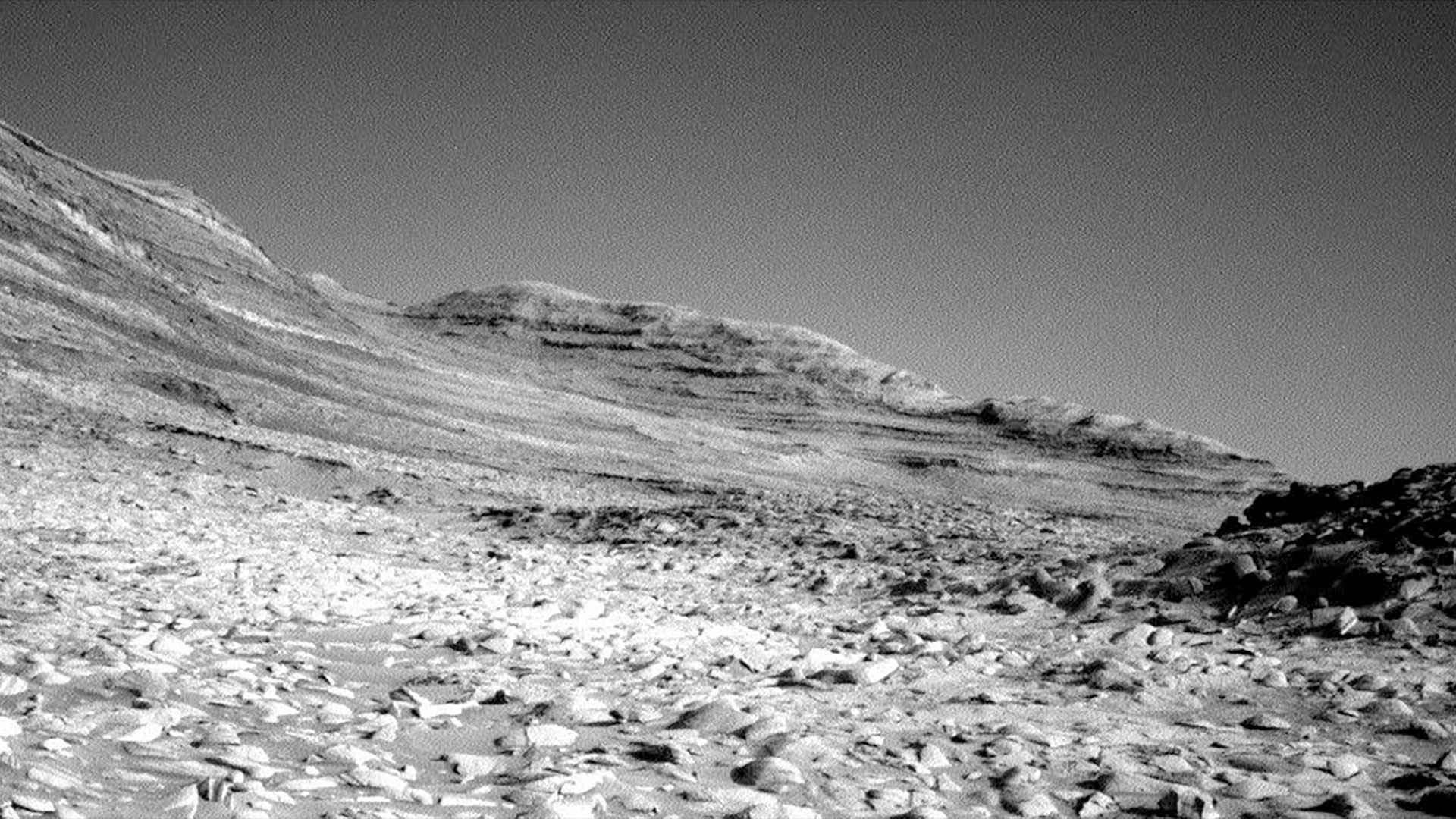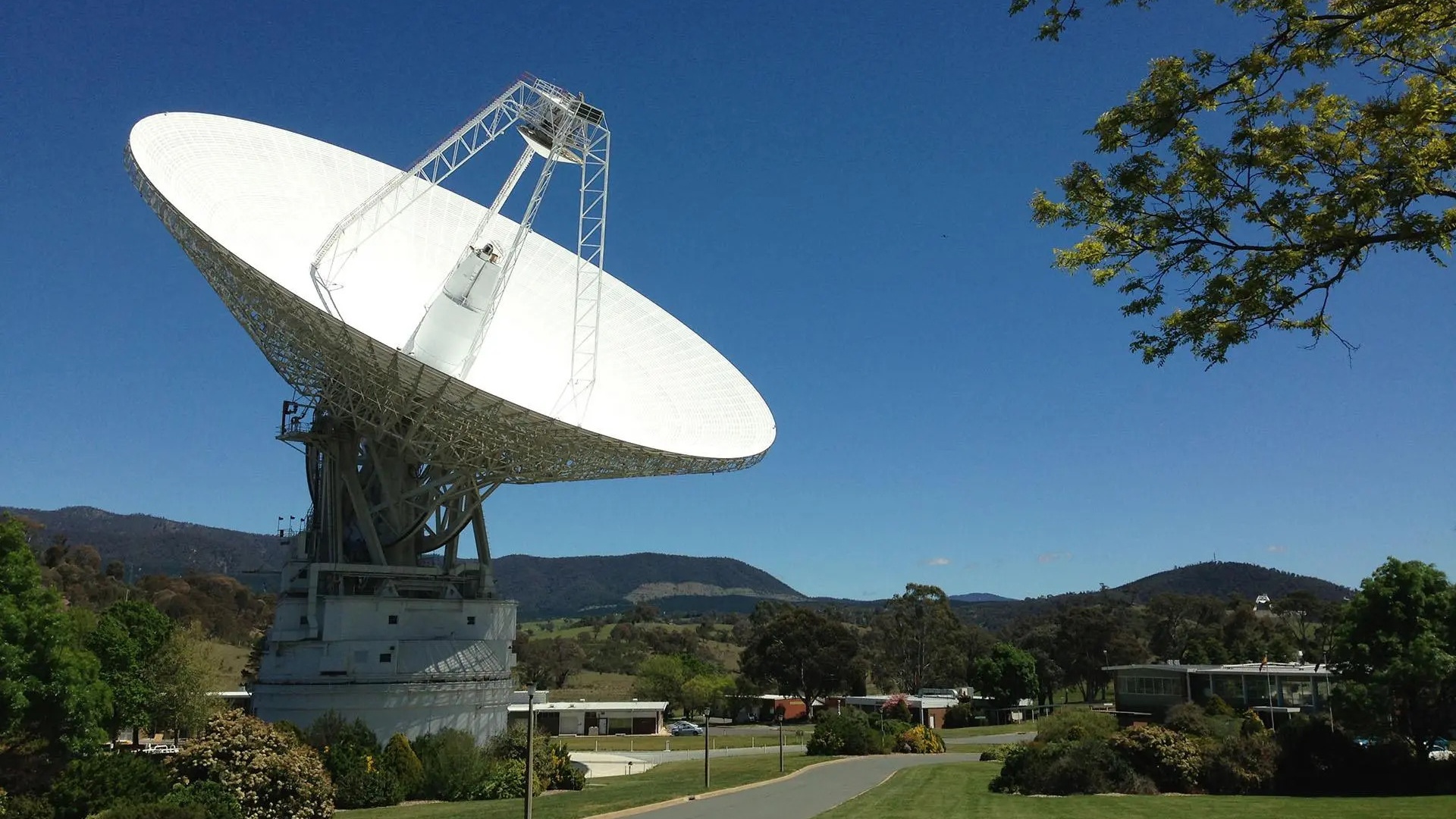International Space Station dodges orbital debris from Russian anti-satellite test
Debris from the Soviet-era Cosmos 1408 satellite destroyed by Russia in Nov. 2021 forced the avoidance maneuver.
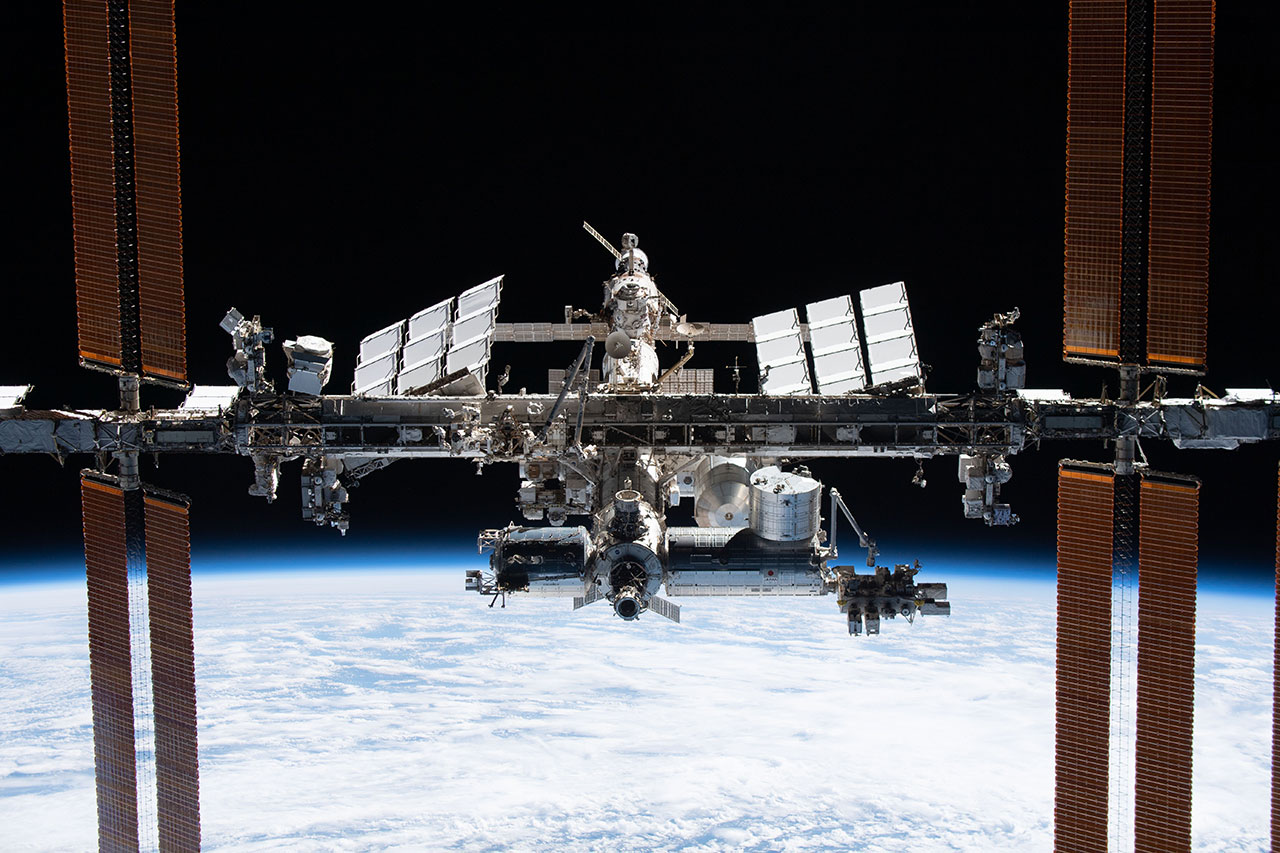
A piece of space junk from a Russian anti-satellite weapons test forced the International Space Station to maneuver to avoid the orbital debris on Thursday (June 16).
Russia's space agency Roscosmos used an uncrewed Progress 81 cargo ship docked at the International Space Station to move the orbiting lab clear of a piece of space debris from the Russian satellite Cosmos 1408, sharing video of the activity on the social media service Telegram. Russia destroyed the defunct Soviet-era satellite in a November 2021 anti-satellite missile test.
"I confirm that at 22.03 Moscow time, the engines of the Russian Progress MS-20 transport cargo ship carried out an unscheduled maneuver to avoid a dangerous approach of the International Space Station with a fragment of the Kosmos-1408 spacecraft," Roscosmos chief Dmitry Rogozin wrote on Telegram, according to a Google translation, using Roscosmos' designation for Progress 81.
Related: The worst space debris events of all time
At 19:03 UTS, #ProgressMS20 performed an unplanned engine burn to avoid a space debris created by #Kosmos1408. Here’s a video by Roscosmos: https://t.co/WvH1SCPC9c pic.twitter.com/yHPymtzqgmJune 16, 2022
The Progress 81 cargo ship fired its thrusters for 4 minutes and 34 seconds to move the massive space station away from the trajectory of the fragment of Cosmos-1408 and raise the station's orbit slightly.
"The crew was never in any danger and the maneuver had no impact on station operations," NASA officials wrote in an update. "Without the maneuver, it was predicted that the fragment could have passed within around a half mile from the station."
Cosmos 1408 was a Soviet Electronic and Signals Intelligence focused Tselina-D satellite launched in 1982 from Russia's Plesetsk Cosmodrome, according to a NASA report.
Get the Space.com Newsletter
Breaking space news, the latest updates on rocket launches, skywatching events and more!
On Nov. 15, 2021, the satellite (which was no longer functional) was intentionally destroyed by Russia in an anti-satellite missile test that created an estimated 1,500 pieces of orbital debris. Astronauts on the space station were forced to take shelter on Nov. 15 due to concerns over that debris, which could pose a hazard to the space station and other spacecraft for years to come, experts have said.
Email Tariq Malik at tmalik@space.com or follow him @tariqjmalik. Follow us @Spacedotcom, Facebook and Instagram.
Join our Space Forums to keep talking space on the latest missions, night sky and more! And if you have a news tip, correction or comment, let us know at: community@space.com.

Tariq is the Editor-in-Chief of Space.com and joined the team in 2001, first as an intern and staff writer, and later as an editor. He covers human spaceflight, exploration and space science, as well as skywatching and entertainment. He became Space.com's Managing Editor in 2009 and Editor-in-Chief in 2019. Before joining Space.com, Tariq was a staff reporter for The Los Angeles Times covering education and city beats in La Habra, Fullerton and Huntington Beach. In October 2022, Tariq received the Harry Kolcum Award for excellence in space reporting from the National Space Club Florida Committee. He is also an Eagle Scout (yes, he has the Space Exploration merit badge) and went to Space Camp four times as a kid and a fifth time as an adult. He has journalism degrees from the University of Southern California and New York University. You can find Tariq at Space.com and as the co-host to the This Week In Space podcast with space historian Rod Pyle on the TWiT network. To see his latest project, you can follow Tariq on Twitter @tariqjmalik.



